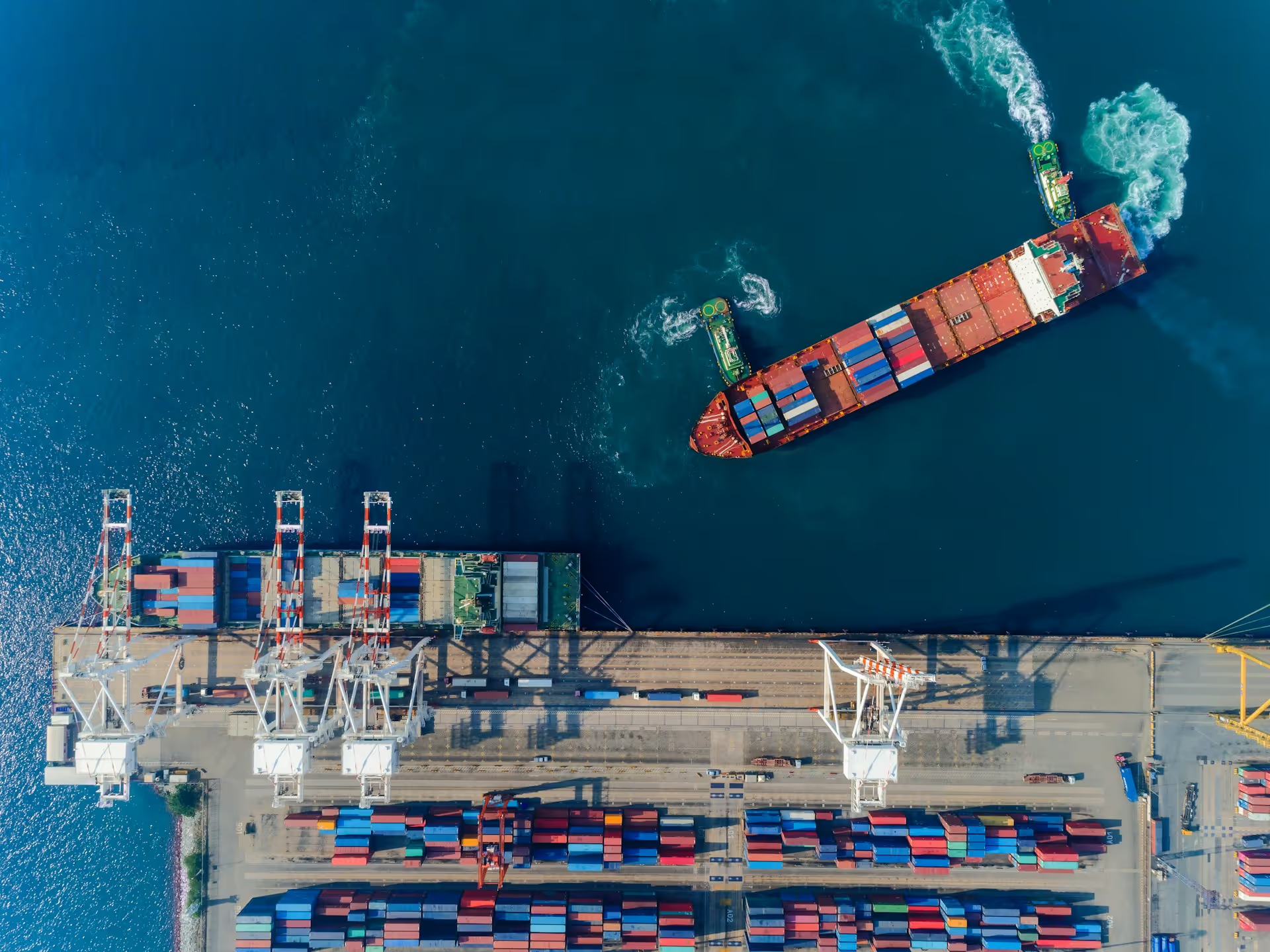What is ISPS?
Security and safety is also an important issue for ships and port facilities. In order to optimize the desired measures for securing ships and port facilities, the International Ship & Port Facility Security (ISPS) Code was created.
This international regulation obliges the parties involved to take and comply with safety measures. Complying with and supervising the ISPS Code is one of the things that North Sea Port is committed to. In addition, good safety is achieved through a number of other issues such as a mandatory language and exemptions and applications.
Clear security rules are definitely essential for the North Sea Port port area. The applicable rules are therefore set out in the International Ship & Port Facility Security (ISPS) Code. This set of rules has been drawn up by the International Maritime Organization (IMO) and are also included in the European regulation 725/2004.
ISPS code
The ISPS code applies to a number of specific things:
- Cargo ships operating on international sea routes with a gross tonnage of 500 tonnes or more.
- Passenger ships on international sea routes with 12 passengers or more.
- Drilling units (mechanically driven).
- All port facilities where the above mentioned ships dock.
In the Netherlands, the legislation is included in the Port Security Act.
In Belgium, this legislation is listed in the Maritime Security Act.
ISPS Requirements
Due to the wide variety of the various facilities, the code does not specify specific measures that each port and ship must take to ensure the facility's anti-terrorist security. Instead, the code “outlines a standardized, coherent framework for evaluating existing risks that allows governments to weigh changes in threat levels and compensate for changes in the vulnerability of ships and port facilities.
- For ships, the framework includes requirements for:
- Ship Security Plans (Ship Security Plans)
- Onboard security officer (Ship Security Officer)
- Company security officer (Company Security Officer)
- Certain materials on board concerning ship security
- For port facilities, the framework includes requirements for:
- Port facility security plans (Port Facility Security Plans)
- Responsible for port facility security (Port Facility Security Officer)
- Certain port facility security materials
- In addition, the framework includes requirements for both ships and port facilities regarding:
- Controlling access to the facility
- Controlling the activities of people and cargo present in the facility
- Ensuring the availability of security communication tools

Managing and Monitoring ISPS
Management System
Why a digital management system for ISPS?
Many organizations have already switched from a “handbook in the closet” to an environment such as SharePoint or a Document Management System to also be able to view their documentation remotely.
But then these questions and sources of stress linger:
- How can staff easily understand security procedures?
- How can I easily register port controls?
- Why can't I easily do my registrations?
- How do I get an overview of pending tasks?
- How do I safeguard and share tightened processes in the organization?
- How do I really understand which processes need improvement?
- How do I inform and convince my colleagues of the usefulness of certain processes?
- How can everyone see quickly and easily who is responsible for what?
ISO2 HANDLE
Why ISO2HANDLE's management system?
because ISO2 HANDLE tracks, chases and maps everything for you, giving you control and overview and continuously managing the certification in the background.
Our platform helps with all the activities associated with obtaining and maintaining certifications, in all phases from implementation to optimization:
Deploy:
- Use our ISPS template and customize with the drag & drop editor
- Personalize forms
- Apply workflow schedules so that registrations are automatically forwarded to the right colleague
Adopt:
- Handbook and forms are also accessible via mobile
- Automatic task management keeps track of all pending actions in a clear dashboard
Monitors:
- Dashboards in the blink of an eye with trend & cost analysis
- Track your KPIs
Optimization & Audits:
- Access for Certification Authorities; decide the components and time limit yourself
- Download and share dashboards and reports
Consultancy firms
Partner network of organizational consulting firms
ISO2 HANDLE works for a large number of certification advice agencies in the Netherlands, each with their own expertise and focus. A consultancy firm helps with the customized implementation and provides substantive advice on how the processes surrounding certification seamlessly fit with your organization and way of working. They can also help switch from your current system to ISO2 HANDLE.











